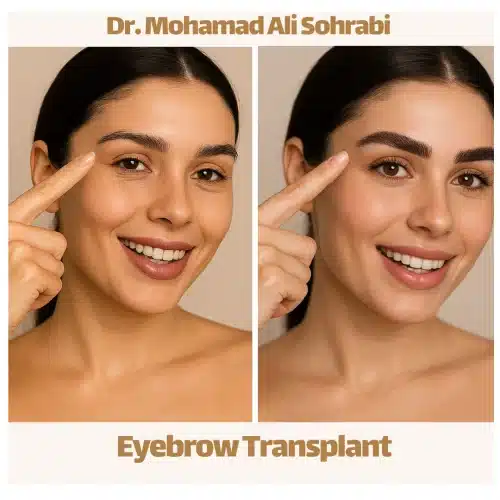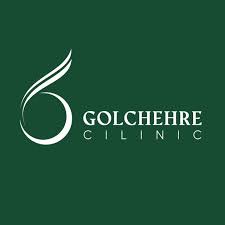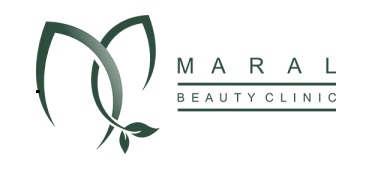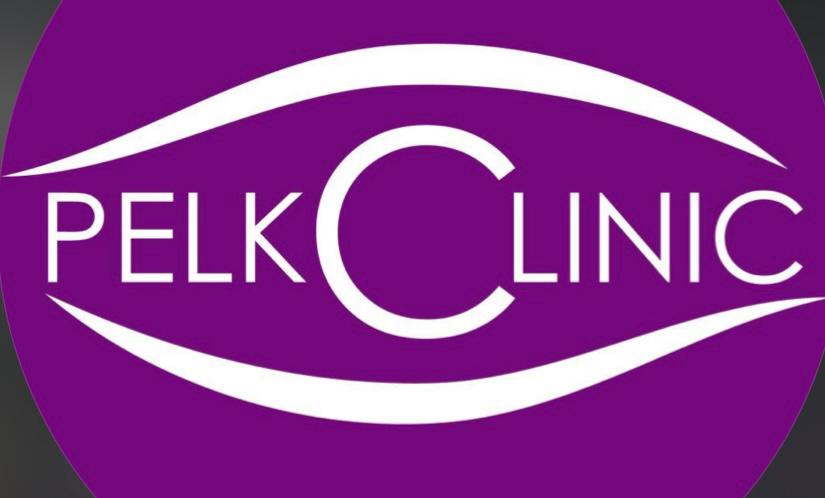Introduction: Everything about eyebrow transplantation
Eyebrows play a key role in the beauty and harmony of the face. Reduced density, loss or improper shape of eyebrows can negatively affect a person’s appearance and self-confidence. Today, eyebrow transplantation has gained great popularity as a permanent and effective solution for restoring, thickening and shaping eyebrows. In this article, we will examine eyebrow transplantation from zero to one hundred: from the reasons for eyebrow loss and choosing the most appropriate method, to the stages of implementation, care, complications and important tips for excellent results.

💎Why are eyebrows important?
Eyebrows serve a functional role (preventing sweat or moisture from entering the eyes) in addition to their aesthetic role. From a cosmetic perspective, eyebrows frame the eyes and can change the balance, expression, and identity of the face. A full, symmetrical, and well-angled eyebrow can make a million differences in appearance.
For this reason, many people who are struggling with sparse, uneven, or thinning eyebrows are looking for a permanent way to correct the situation; a way beyond eyebrow pencil, shadow, microblading, or tattooing — and that’s where eyebrow implants come in.
💎Causes and factors of eyebrow loss
Before deciding to have an eyebrow transplant, you should know the reason for the loss. If the root of the problem is not treated, the transplant may not be successful or the hair may fall out after a while.
Some common factors:
Genetic and hereditary factors
Thyroid disorders (hypothyroidism or hyperthyroidism)
Skin diseases such as eczema, psoriasis or dermatitis
Alopecia areata
Immune system diseases
Burns, injuries or scars in the eyebrow area
Having a habit of plucking eyebrows (trichotillomania)
Nutritional deficiencies (vitamins, protein, iron, biotin)
Stress and psychological problems
Medications: Some medications may cause eyebrow loss
Aging and decreased follicle activity
If the cause of the loss is treatable (for example, a thyroid disorder or nutritional deficiency), it must be controlled first. Eyebrow transplantation is successful when the underlying condition is established and stable.
💎Is eyebrow transplantation right for you?
Eyebrow transplantation is not suitable for everyone. It may not be a good option if you have any of the following conditions:
Active skin disease or infection in the eyebrow area
Poor general health or uncontrolled chronic illness
Inadequate hair bank (areas behind the head or around the ears do not have enough hair)
Unrealistic expectations of the result
Very young age (before hormonal changes have stabilized)
Diseases that weaken the hair follicle
A specialist doctor will determine if you are a good candidate by carefully evaluating your skin, hair condition, and medical history.
💎Requirements for eyebrow transplant candidates
To get the best results, the following conditions should be met:
A healthy, dense, and removable hair bank
Good general health
Healthy eyebrow and scalp skin
Reasonable expectations about density and results
Completely following your doctor’s pre- and post-operative instructions
Not taking medications that reduce resistance to healing
📍Different eyebrow transplant methods
In this section, we will review each method with its advantages and disadvantages.
FUT (Follicular Unit Transplantation) Method
In this method, a thin strip of skin is removed from the back of the scalp, which contains hair and follicles. After separation, the strip is divided into grafts and then implanted in the eyebrows.
Advantages:
Ability to remove a large number of grafts in one session
Lower cost in some cases
Disadvantages:
Linear scar at the extraction site
Need for stitches
Longer recovery period
More pain and discomfort
Scar may be visible
FUE (Follicular Unit Extraction) Method
In this method, follicles are extracted individually from the hair bank area with a small device or punch without cutting the strip.
Advantages:
Very small and fast healing wounds
Almost invisible scars
Less pain and discomfort
Ability to trim hair without worrying about the wound being visible
Disadvantages:
Longer time for harvesting
Higher cost
Requires high experience
DHI (Direct Hair Implantation) method
In this method, harvested follicles are directly implanted in the eyebrow area using a special pen (Implanter), without the need for additional incisions.
Advantages:
High accuracy in angle, depth and direction of the hair
Reduced time between harvesting and planting
Less damage to the follicles
Disadvantages:
Higher cost
Performance time may be longer
Micro FIT method and new techniques
Methods such as Micro FIT, micrograft, combined or new methods such as SUT and advanced technologies are designed to reduce damage, increase precision, reduce the recovery period and improve results.
Combination of Methods and Personalized Approach
In some cases, the doctor may use a combination of methods (for example, a combination of FUE and DHI) to achieve the best density, growth direction, and natural result.

📍Eyebrow transplant steps
Below, we will review the typical eyebrow transplant process step by step.
Consultation and Design
At this stage, the doctor will consult about your condition, medical history, previous photos, hair bank examination and skin conditions. They will also talk to you about the shape, thickness, height and symmetry of your eyebrows to determine the final form.
Anesthesia and Preparation
The extraction area and eyebrow area are disinfected and local anesthesia is used to numb the relevant areas so that the patient does not feel any pain during the procedure.
Graft Removal
Depending on the chosen method (FUE, FUT or combined), grafts are extracted from the hair bank area. In the FUE method, follicles are removed individually. In FUT, a strip of skin is removed and, after separation, the grafts are separated.
Eyebrow Implants
The doctor uses precision instruments to make incisions at the appropriate angle and depth (to preserve the natural hair follicle). The grafts are then placed in the designated locations. In the DHI method, the implant may be implanted directly from the implanter pen.
Initial Care
The transplanted area is covered with sterile gauze and initial care instructions are given, such as using rinsing solutions, prescribed medications, avoiding excessive touching, etc.
📍Recovery period, temporary shedding and regrowth
After the procedure, the recovery period lasts from a few days to two weeks. In the first few days, you may experience:
Mild swelling or redness
Scabbing
Mild itching
A normal phase is the temporary loss of transplanted hair around the third to sixth week. The follicles then enter a new growth phase, and hair growth usually begins gradually from the third to fourth month onwards. By about the eighth to twelfth month, more complete results are visible.
If well cared for, transplanted hair can be permanent — meaning it can grow for years or even a lifetime.
📍Postoperative care tips
Post-eyebrow transplant care is one of the determining factors for the success of the result:
Using prescription medications (antibiotics, anti-inflammatories, painkillers)
Gentle washing of the area with saline solution or as directed by the doctor
Avoiding excessive touching of the eyebrows
Sleeping with the head slightly elevated
Avoiding strenuous exercise in the first few days
Avoiding exposure to direct sunlight
Using a hat or appropriate covering for protection
Avoiding makeup until approved by the doctor
Proper nutrition, drinking enough water, consuming protein and vitamins
Follow-up and periodic doctor visits to control and monitor the growth process
📍Possible complications and ways to prevent them
Eyebrow transplantation is considered a safe procedure, but like any cosmetic procedure, it may have complications:
Common and common (temporary) complications:
Redness and swelling
Itching
Crust and small wound
Sensitivity
Mild bleeding
Temporary hair loss
Rare or possible complications:
Failure of grafts
Uneven growth and different direction of hair
Scar at the site of the extraction
Infection
Temporary or permanent numbness in the area
Severe swelling
Unsymmetrical eyebrows
Ways to reduce risk:
Choosing a specialized and experienced doctor
Completely following sterile tips
Choosing the appropriate method and using up-to-date equipment
Careful post-operative care
Regular follow-up and visits
📌Conclusion
Eyebrow transplantation is an effective, permanent and aesthetic solution for people who are looking for thick, natural and symmetrical eyebrows. However, to achieve the best results, it is necessary to choose the right method, a skilled doctor and follow the care instructions carefully. Before proceeding with the transplantation, consult a specialist doctor, investigate the causes of loss, and have reasonable expectations. If all the conditions are met and the procedure is performed correctly, you can enjoy beautiful and natural eyebrows for years.
Frequently Asked Questions Everything about Eyebrow Transplantation
Is eyebrow transplantation painful?
During the procedure, you usually do not feel any pain due to local anesthesia. After the procedure, there may be mild pain that can be controlled with painkillers.
When can I get eyebrow makeup?
Eyebrow makeup is usually avoided for 10-14 days after surgery. Then, with the doctor’s approval, light, minimally invasive makeup may be applied.
Does transplanted hair fall out?
Yes, temporary shedding is a natural process. Then new growth begins.
Is it possible to replant?
Yes, if some grafts fail or there is a desire for increased density, re-implantation may be performed after evaluation by a physician.





